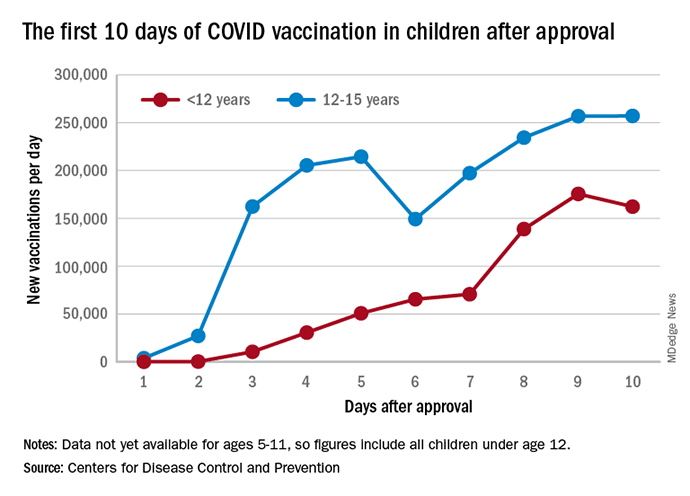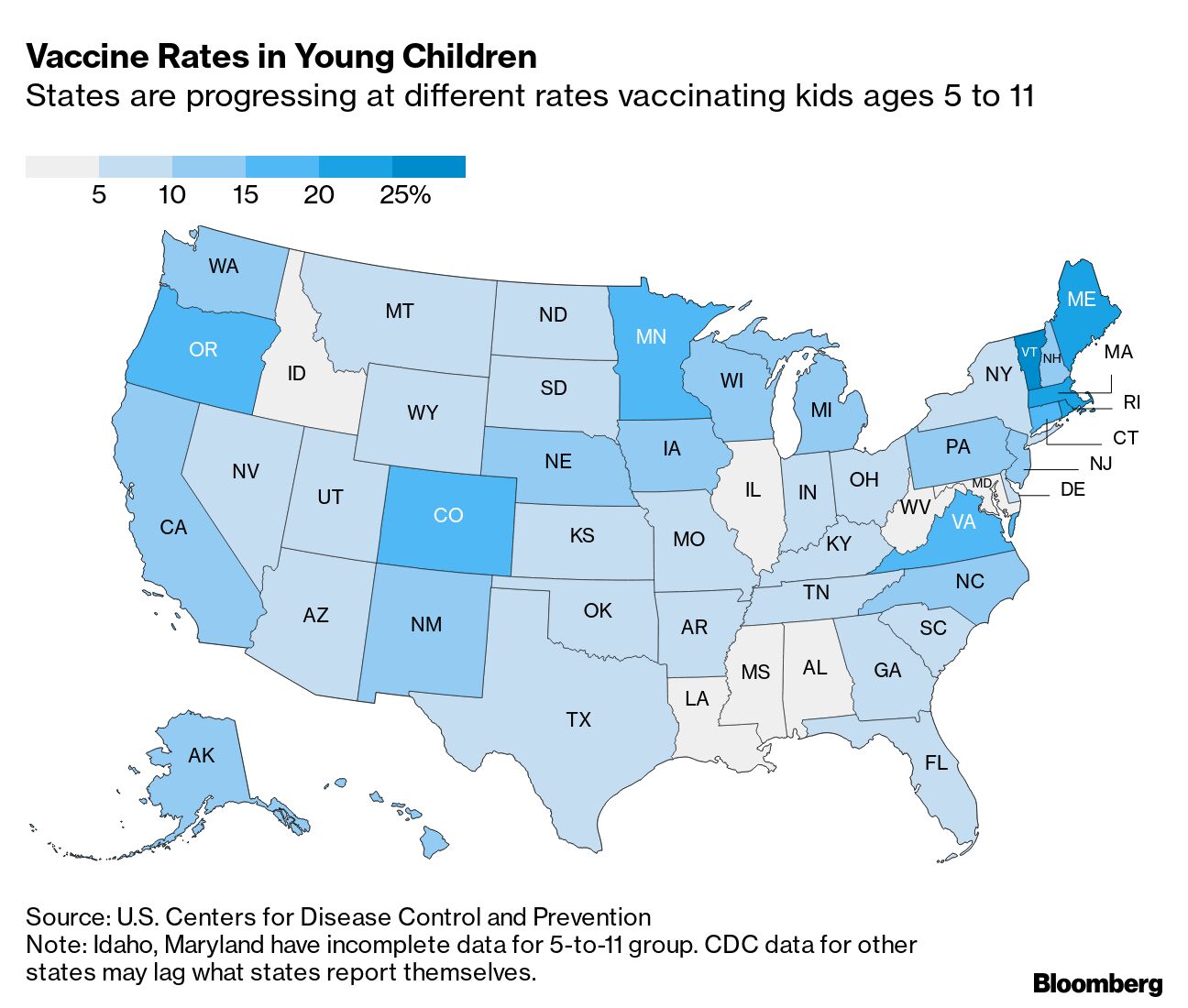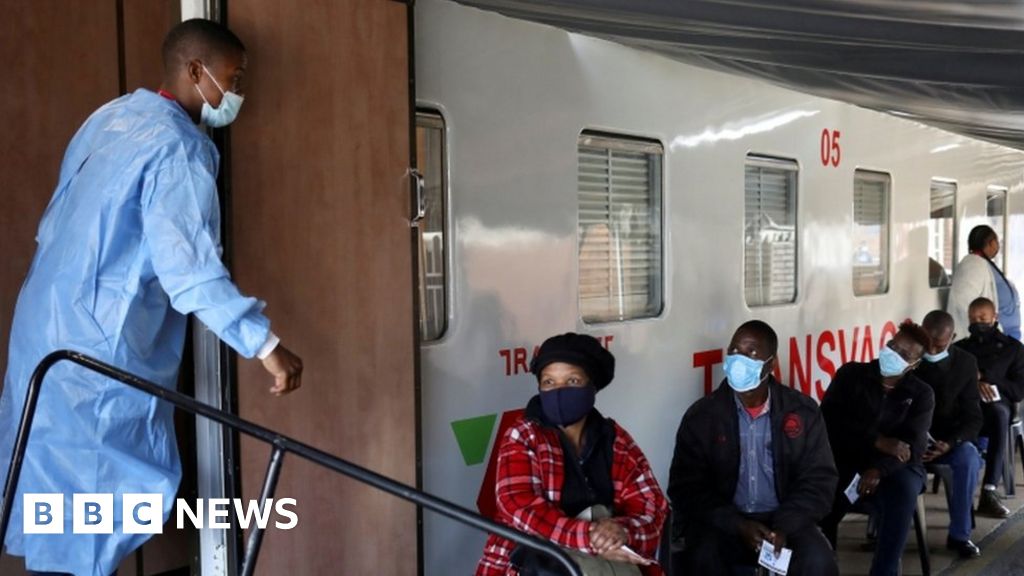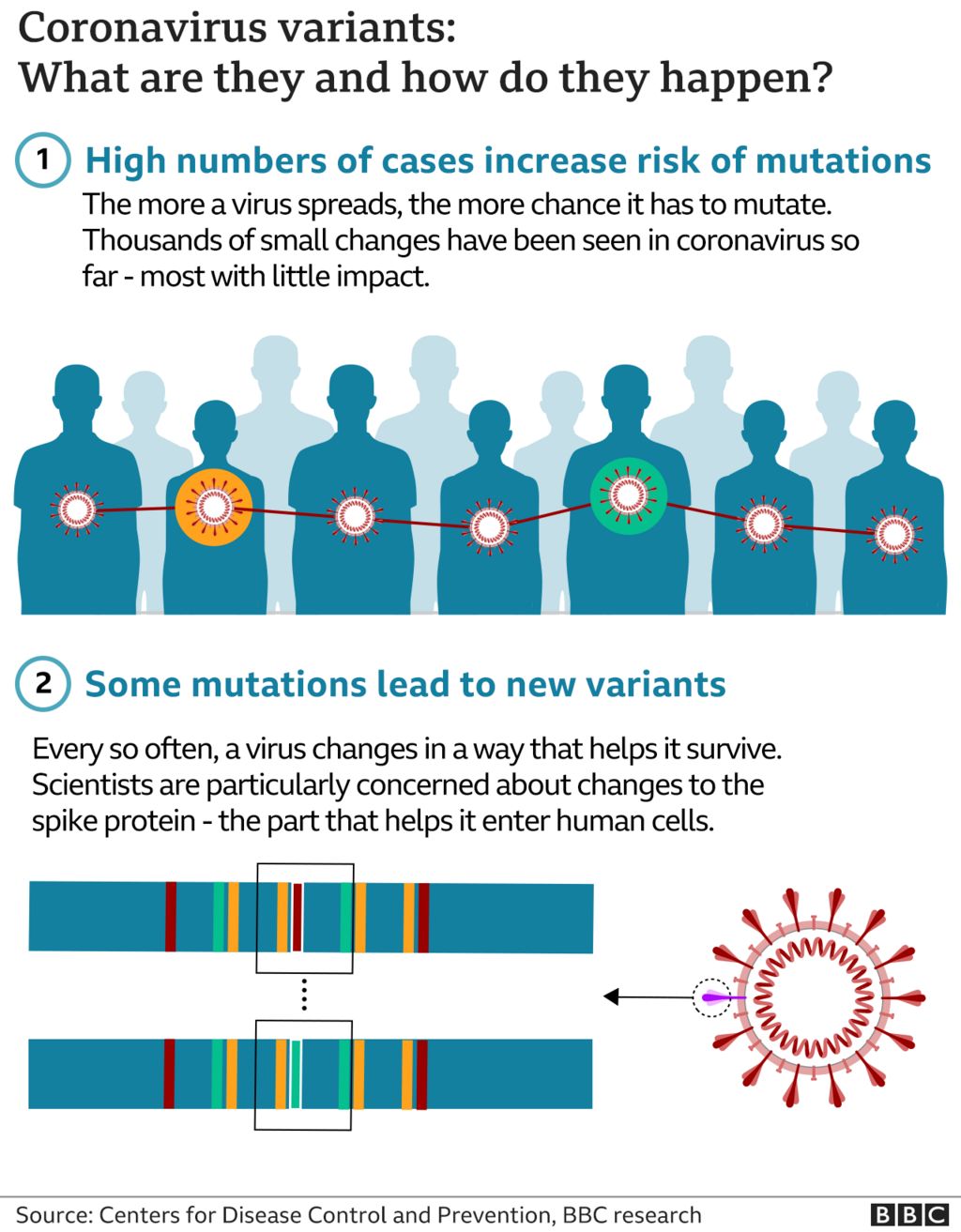- Joined
- Sep 17, 2008
- Messages
- 9,445
I got my booster last week and i struggled with it. I'm just now starting to feel normal again.
I’m glad you’re feeling better. Your immune system must be strong…The only reaction I got was a sore arm..I wish I had a stronger reaction..
I would have been happy with a little less...lol The first day after I was like, oh no biggie, and then it just went downhill. If I hadn't gotten the shot I would have thought I might have had Covid again. Might have affected me more because of that.


The booster I had on Wednesday 17 November showed up in the NHS app today as part of my Covid-19 vaccination record.
>>>feeling grateful.
I shall continue with performing lateral flow test at home every 2 weeks.
I feel for those who are unvaccinated for medical reason(s) like my mum and brother for restrictions imposed on them due to no fault of their own except for having medical conditions that are contraindicated to receive the approved vaccines.
DK
Glad you got the booster @dk168 and I, too, feel for those who cannot get vaccinated for valid medical reasons. And those who can and refuse are putting those like your mom and brother at risk. Which is, IMO, absolutely unacceptable.
|







The new variant of concerned now named Omicron, has been detected in Belgium, the first confirmed European case, for a lady who has yet to be vaccinated, tested positive on 22 November, 11 days after a trip to Egypt via Turkey.
Concerns have been raised that the variant has already spread more widely due to lack of connection of this lady with southern Africa.
Fingers firmly crossed that by imposing swift travel restrictions, we could delay another potential wave long enough to allow more people to be vaccinated or have their boosters, so as to avoid the festive spirit being taken away again.
DK
AND now NY calling halt on ALL elective surgeries.
Gov. Kathy Hochul orders halt on elective surgery amid COVID spike, Omicron
By
Carl Campanile
November 26, 2021

Gov. Kathy Hochul orders halt on elective surgery amid COVID spike, Omicron
Gov. Kathy Hochul signed an executive order Friday to postpone elective hospital surgeries — something that hasn’t been done since the worst of the initial coronavirus outbreak last yea…nypost.com
